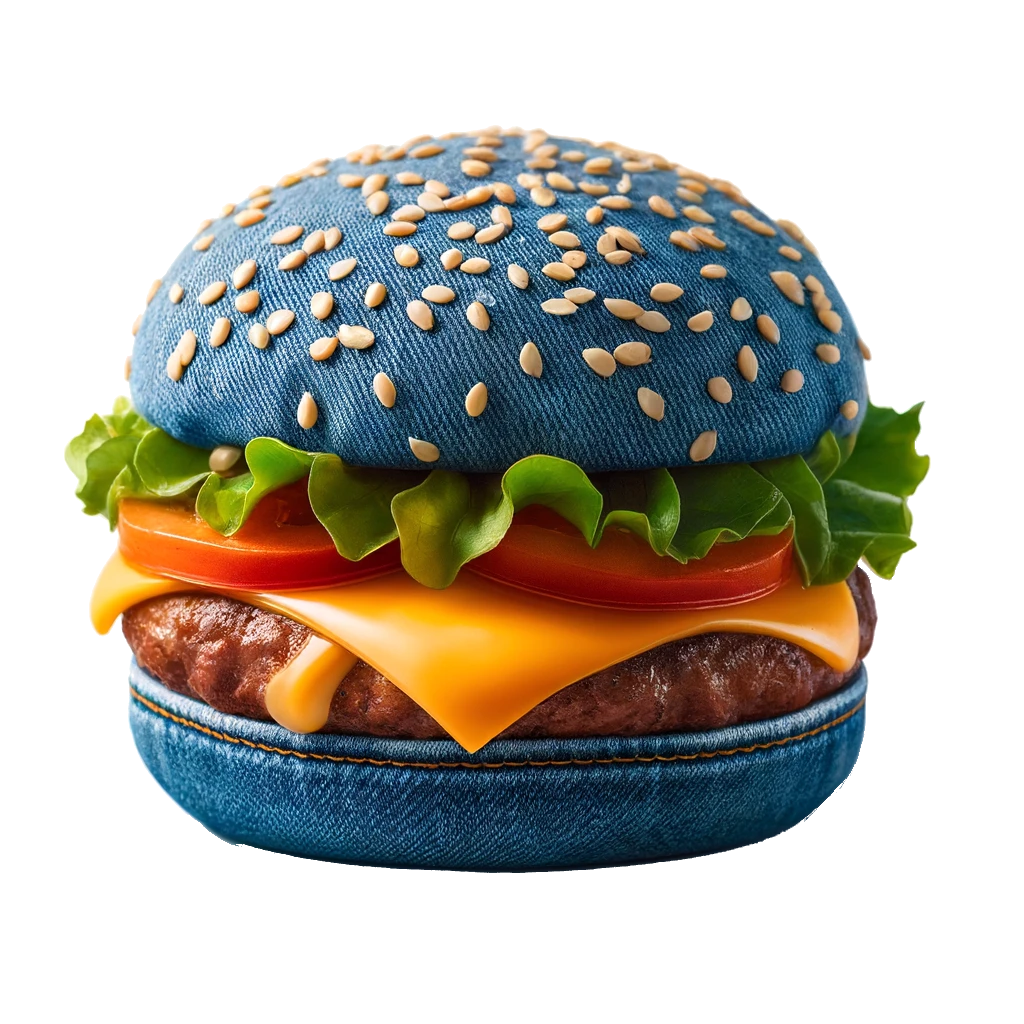- cross-posted to:
- hardware@lemmy.world
- cross-posted to:
- hardware@lemmy.world
I can’t wait for datacenters to decommission these so I can actually afford an array of them on the second-hand market.
Home Petabyte Project here I come (in like 3-5 years 😅)
better start preparing with a 10G network!
Way ahead of you… I have a Brocade ICX6650 waiting to be racked up once I’m not limited to just the single 15A circuit my rack runs off of currently 😅
Hopefully 40G interconnect between it and the main switch everything using now will be enough for the storage nodes and the storage network/VLAN.
Exactly, my nas is currently made up of decommissioned 18tb exos. Great deal and I can usually still get them rma’d the handful of times they fail
Nice, where do you get yours?
30/32 = 0.938
That’s less than a single terabyte. I have a microSD card bigger than that!
;)
Now now, no self-shaming about the size of your card. It’s how you use it!
Some IOT perverts are into microSD
Can’t even put it into simplest form.
radarr goes brrrrrr
sonarr goes brrrrrr…
barrrr?
Great, can’t wait to afford one in 2050.
Fleebay? Yup, me too!
$4.99 for the drive plus $399.00 s&h
Everybody taking shit about Seagate here. Meanwhile I’ve never had a hard drive die on me. Eventually the capacity just became too little to keep around and I got bigger ones.
Oldest I’m using right now is a decade old, Seagate. Actually, all the HDDs are Seagate. The SSDs are Samsung. Granted, my OS is on an SSD, as well as my most used things, so the HDDs don’t actually get hit all that much.
I’ve had a Samsung SSD die on me, I’ve had many WD drives die on me (also the last drive I’ve had die was a WD drive), I’ve had many Seagate drives die on me.
Buy enough drives, have them for a long enough time, and they will die.
I had 3 drives from seagate (including 1 enterprise) that died or got file-corruption issues when I gave up and switched to SSDs entirely…
This is for cold and archival storage right?
I couldn’t imagine seek times on any disk that large. Or rebuild times…yikes.
up your block size bro 💪 get them plates stacking 128KB+ a write and watch your throughput gains max out 🏋️ all the ladies will be like🙋♀️. Especially if you get those reps sequentially it’s like hitting the juice 💉 for your transfer speeds.
This is my favorite post ever.
Definitely not for either of those. Can get way better density from magnetic tape.
They say they got the increased capacity by increasing storage density, so the head shouldn’t have to move much further to read data.
You’ll get further putting a cache drive in front of your HDD regardless, so it’s vaguely moot.
For a full 32GB at the max sustained speed(275MB/s), 32ish hours to transfer a full amount, 36 if you assume 250MB/s the whole run. Probably optimistic. CPU overhead could slow that down in a rebuild. That said in a RAID5 of 5 disks, that is a transfer speed of about 1GB/s if you assume not getting close to the max transfer rate. For a small business or home NAS that would be plenty unless you are running greater than 10GiBit ethernet.
Random access times are probably similar to smaller drives but writing the whole drive is going to be slow
Avoid these like the plague. I made the mistake of buying 2 16 TB Exos drives a couple years ago and have had to RMA them 3 times already.
I stopped buying seagates when I had 4 of their 2TB barracuda drives die within 6 months… constantly was RMAing them. Finally got pissed and sold them and bought WD reds, still got 2 of the reds in my Nas Playing hot backups with nearly 8 years of power time.
They seem to be real hit or miss. I also have 2 6TB barracudas that have 70,000 power on hours (8 yrs) that are still going fine.
Nice, I agree, I’m sure there is an opposite of me, telling their story of a bunch of failed WD drives and having swore them off.
“Hit or miss” is unfortunately not good enough for consumer electronics.
It means you’re essentially gambling with bad odds so the business you’re giving money to can get away with cutting corners.
Had that issue with the 3tb drives. Bought 4, had to RMA all 4, and then RMA 2 of the replacement drives all within a few months.
The last 2 are still operating 10 years later though. 2 out of 6.
Their 3tb and 16 TB are super trash. I’m running 20tb and 24tb and they’ve been solid… So far
Lmao the HDD in the first machine I built in the mid 90s was 1.2GB
My dad had a 286 with a 40MB hard drive in it. When it spun up it sounded like a plane taking off. A few years later he had a 486 and got a 2gb Seagate hard drive. It was an unimaginable amount of space at the time.
The computer industry in the 90s (and presumably the 80s, I just don’t remember it) we’re wild. Hardware would be completely obsolete every other year.
Back then that was very impressive!
I had a 20mb hard drive
I had a 1gb hard drive that weighed like 20 kgs, some 40 odd pounds
Our first computer was a Macintosh Classic with a 40 MB SCSI hard disk. My first “own” computer had a 120 MB drive.
I keep typoing TB as GB when talking about these huge drives, it’s just so weird how these massive capacities are just normal!
We had family computers first, I can’t recall original specs but I think my mother added in a 384MB drive to the 486 desktop before buying a win98se prebuilt with a 2GB drive. I remember my uncle calling that Pentium II 350MHZ, 64MB SDRAM, Rage 2 Pro Turbo AGP tower “a NASA computer” haha.
Just one would be a great backup, but I’m not ready to run a server with 30TB drives.
I’m here for it. The 8 disc server is normally a great form factor for size, data density and redundancy with raid6/raidz2.
This would net around 180TB in that form factor. Thats would go a long way for a long while.
I thought I read somewhere that larger drives had a higher chance of failure. Quick look around and that seems to be untrue relative to newer drives.
Heck yeah.
Always a fan of more storage. Speed isn’t everything!
HP servers have more fans!
How many platters?!
30 to 32 platters. You can write a file on the edge and watch it as it speeds back to the future!
The two models, […] each offer a minimum of 3TB per disk
Huh? The hell is this supposed to mean? Are they talking about the internal platters?
More than likely
Here i am still rocking 6TB.
These things are unreliable, I had 3 seagate HDDs in a row fail on me. Never had an issue with SSDs and never looked back.
Seagate in general are unreliable in my own anecdotal experience. Every Seagate I’ve owned has died in less than five years. I couldn’t give you an estimate on the average failure age of my WD drives because it never happened before they were retired due to obsolescence. It was over a decade regularly though.
well until you need capacity why not use an SSD. It’s basically mandatory for the operating system drive too











